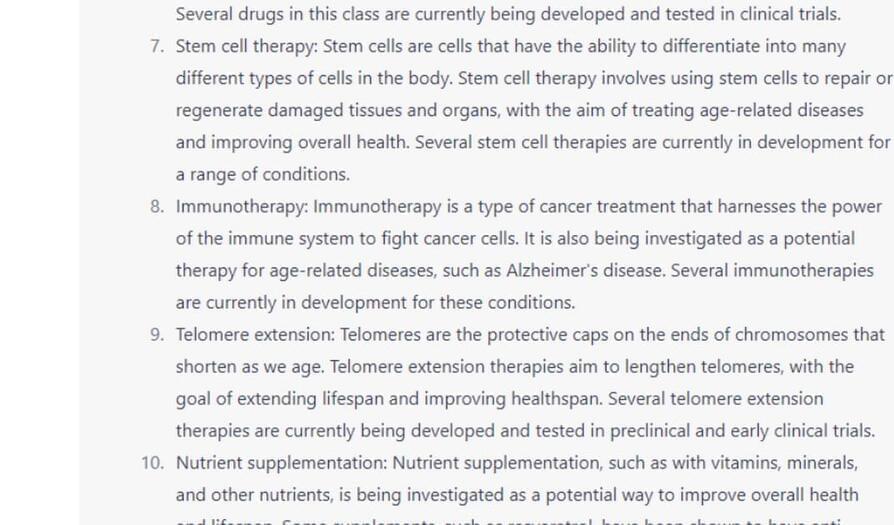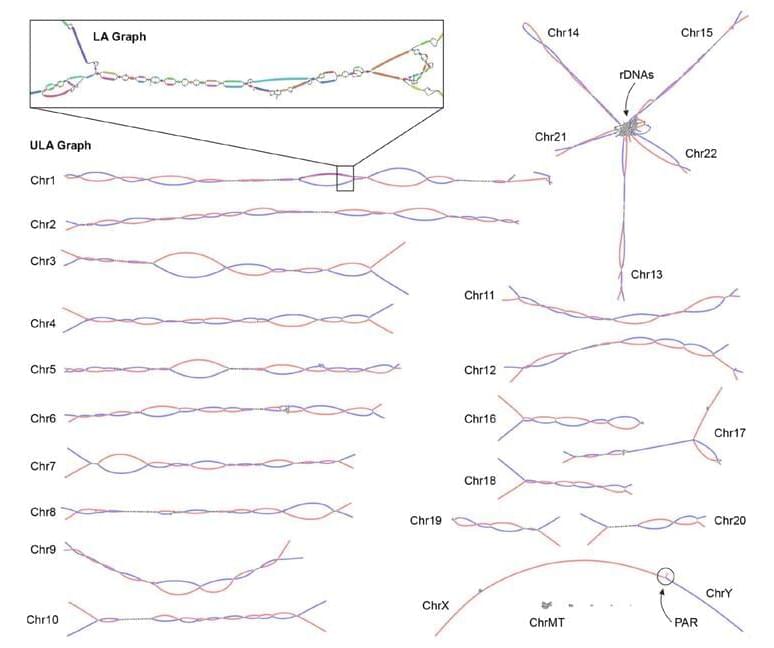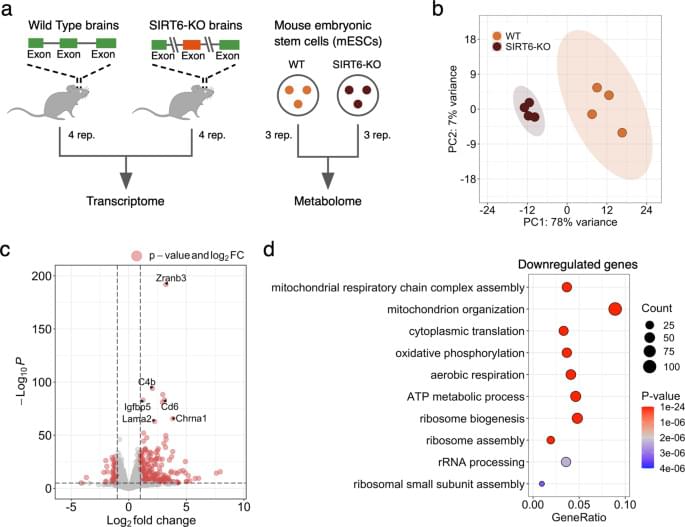This video covers digital immortality, its required technologies, processes of uploading a mind, its potential impact on society, and more. Watch this next video about the world in 2200: https://bit.ly/3htaWEr.
► Support This Channel: https://www.patreon.com/futurebusinesstech.
► Udacity: Up To 75% Off All Courses (Biggest Discount Ever): https://bit.ly/3j9pIRZ
► Brilliant: Learn Science And Math Interactively (20% Off): https://bit.ly/3HAznLL
► Jasper AI: Write 5x Faster With Artificial Intelligence: https://bit.ly/3MIPSYp.
CHAPTERS
00:00 Required Technologies.
01:42 The Processes of Uploading a Mind.
03:32 Positive Impacts On Society.
05:34 When Will It Become Possible?
05:53 Is Digital Immortality Potentially Dangerous?
SOURCES:
• The Singularity Is Near: When Humans Transcend Biology (Ray Kurzweil): https://amzn.to/3ftOhXI
• The Future of Humanity (Michio Kaku): https://amzn.to/3Gz8ffA
• https://www.scientificamerican.com/article/what-is-the-memory-capacity/
• https://www.anl.gov/article/researchers-image-an-entire-mous…first-time.
• https://interestingengineering.com/cheating-death-and-becomi…-uploading.
Official Discord Server: https://discord.gg/R8cYEWpCzK
💡 On this channel, I explain the following concepts:
• Future and emerging technologies.
• Future and emerging trends related to technology.
• The connection between Science Fiction concepts and reality.
SUBSCRIBE: https://bit.ly/3geLDGO







